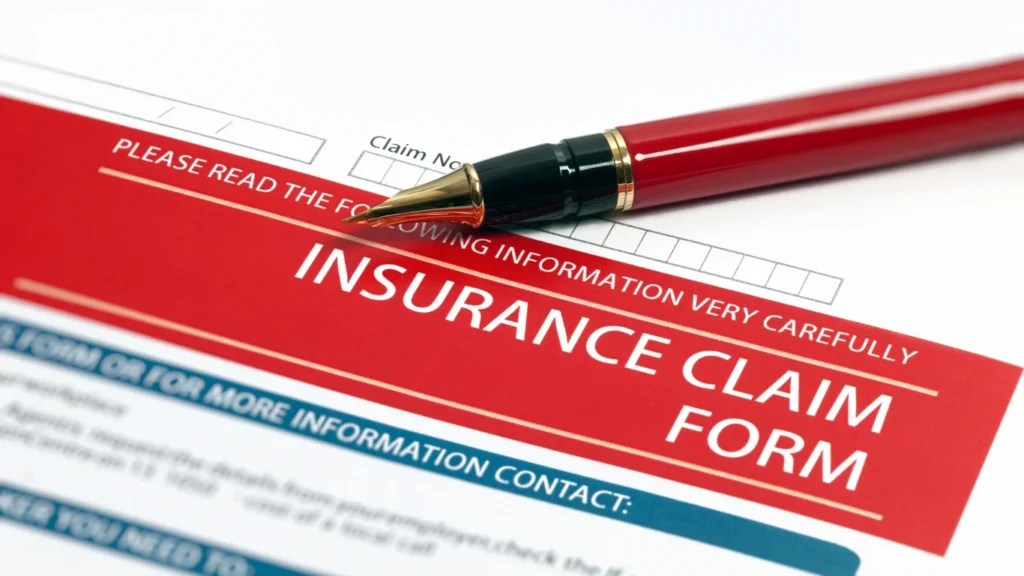Home insurance protects homeowners’ property financially, whether a fire, a robbery, or anything else caused the damage. The catch is that the claim must be approved, and only once approved does the home insurance policy cover the losses, whether partially or entirely, depending on the case. The home insurance company either replaces the damaged or stolen items or provides the amount necessary to rebuild the burnt property. The options for home insurance are broad, and before settling on one, make sure you read the policy, check the price, do home insurance comparison and see what’s included in the package. Throughout this article, we are gonna discuss home insurance, home insurance comparison and home insurance quotes.
Different Types of Home Insurance
When it comes to home insurance comparison, there are many options out there, and the differences depend on the home and property referred to—renters or owners, building or house, and the list goes on. Let’s discuss some of the common types of home insurance.
Home Insurance

Home insurance is the most common insurance for a property being lived on. It covers any damage done to the structure of the home. Damage can come from natural disasters, robberies, or thieves breaking in. Home insurance also covers any garages or sheds on the property. This type of insurance does not cover items, furniture, and belongings in the home. Instead, it’s the property and structure itself that home insurance mainly covers.
Content Insurance
Contents insurance is not a necessity, but it does provide peace of mind for many individuals. This type of insurance covers personal belongings such as clothes, shoes, carpets in the home, curtains, couches, etc. Content insurance will cover a robbery or storm that affects your items.
Landlord Insurance
Landlord insurance is a specific insurance policy for landlords that covers significant issues like loss of rent, public liability, and more. The landlord is responsible for getting this insurance and covering the property his tenants live in.
Tenants Insurance

On the flip side of landlord insurance is tenant insurance, which covers your stuff. The tenant has no responsibility for ensuring the property or home they live in; instead, they can focus solely on their personal belongings, such as clothes, couches, purses, etc. The policy may include some of the landlord’s items, such as carpets and curtains, but for the most part, the tenant’s belongings are being insured in this policy.
Holiday Home Insurance
The typical home insurance policy does not cover holiday homes because they are rented out differently. Holiday homes can be left empty for several weeks or months, depending on the season, vacation days, or location.
Many insurers allow the home to be empty with coverage for a maximum of 30 days. If it is empty for more than 30 days, the insurance will most often be cancelled.
Unoccupied Home Insurance
Is it getting insurance for an empty property or home? This can also be an inherited house, bought land, or an empty house. As we discussed, the maximum number of days an insurance company will cover an empty house is 30; however, unoccupied home insurance agrees to keep the property or home covered for extended periods.
Additionally, unoccupied home insurance covers costs from natural disasters, fires, and theft. The time range for this insurance to cover the home can be chosen from 2 months to 1 year.
Points to Consider
- The average home insurance quote in Australia is approximately $2,000. However, price varies greatly from home to home; therefore, this is not a sum that should be relied on, as your quote can differ significantly.
- Consider common risks in your area, such as floods or any other natural disasters, and make sure they are included in your policy.
- Set a budget and decide whether you’re interested in paying more for a higher level of coverage.
Filing a Claim

- Contact the insurance provider even if the extent of the damage is unknown. Often, there’s a time limit for filing a claim, so you’re better off reaching out as soon as possible. Ask your insurer if you need a temporary place to live due to property damage. Before proceeding with emergency repairs, consult with your insurer. In most cases, they have professionals who prefer to take care of the damage for you.
- Start the claim even if you lack some of your policy’s essential details. Your insurer can guide you. Once the claim was submitted, you will receive a response in 10 business days.
- Assess and decide—the incident and circumstance of your claim determines the amount of time it takes to get a response.
- The scope of work is the report you receive if your claim is approved. It must be reviewed, signed, and sent back. Make sure to review all the details written in the report.
- When settling the claim, your insurer will provide you with three options: repairing or rebuilding your home, a cash settlement, or a combination of the two.
Closing Thoughts – Home Insurance Comparison
Throughout this article on a home insurance comparison, we discussed the different types of home insurance available and what they each cover, from the typical home insurance to tenant insurance, to landlord insurance and more. Choosing the right home insurance policy for your property is of prime importance. Before setting up a home insurance policy, many things should be considered. Make sure to compare prices and get your money’s worth, set a budget and determine if you’re willing to spend more in order to receive more insurance.
Make sure to check out our article on Barclays Online Banking.
Is insurance cheaper for newer-built homes?
Newer homes are cheaper to insure because their windows and doors are more secure and more challenging to break through. Additionally, the pipes and electrics are more up-to-date, which reduces the risk of fires.
Is there any proof necessary for a home insurance claim?
Yes, sending evidence is an integral part of the insurance claim process. Evidence can range from a photograph of the damage to receipts of stolen items or a police report.






